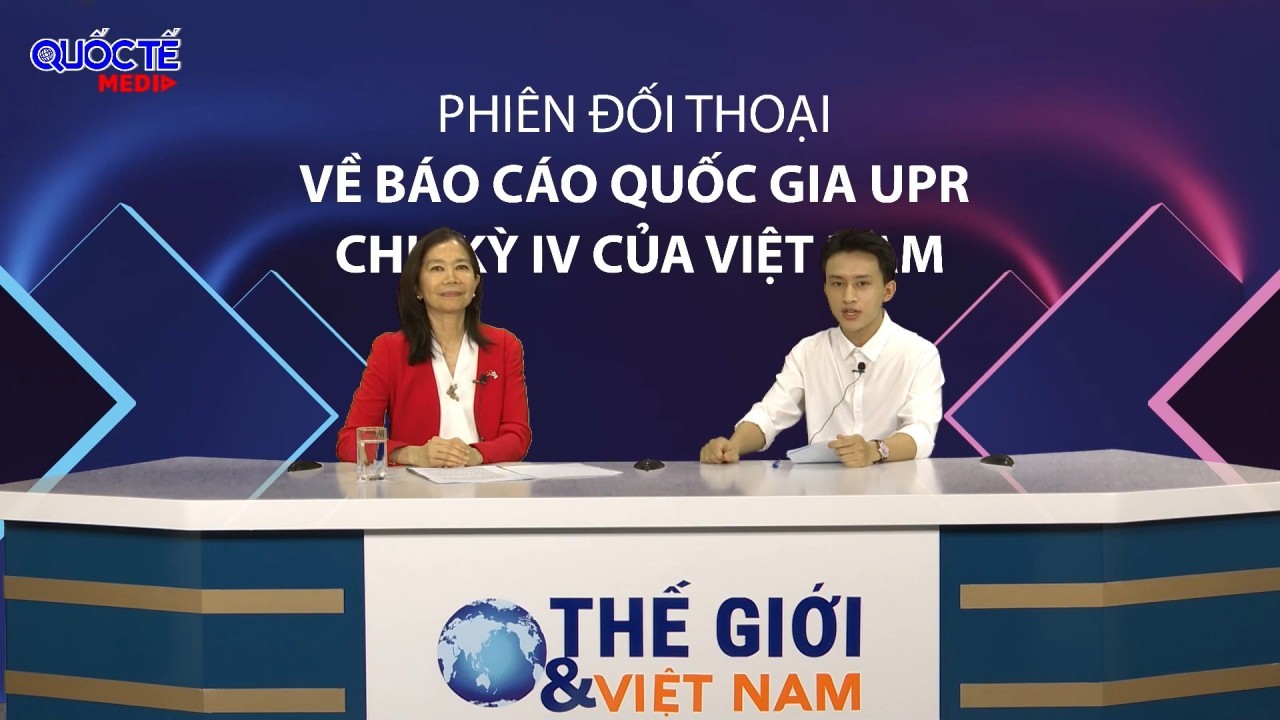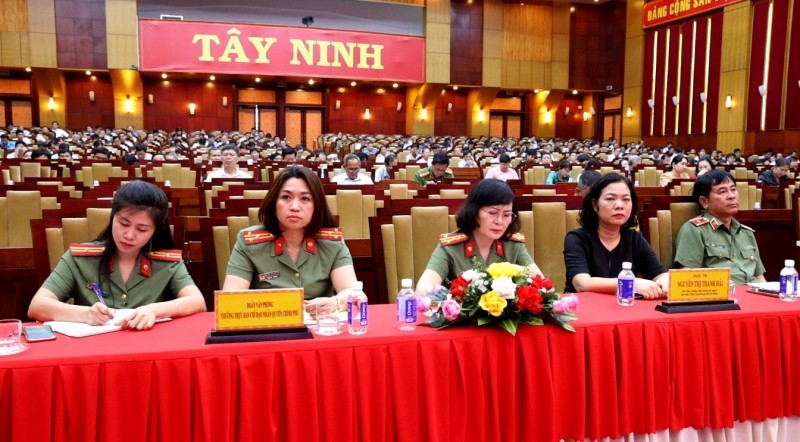Vietnam Committed to Ensuring Rights of Prisoners
| Ha Nam: Over 200 Delegates Join Human Rights Communication Training | |
| ChildFund Vietnam Joins Hands to Ensure Children's Rights to Education |
Realizing the rights of inmates
The Party and State of Vietnam have consistently emphasized concretizing policies to protect the rights of inmates through legal frameworks, particularly the 2019 Law on the Execution of Criminal Judgments. This law devotes an entire chapter (Chapter III, comprising 55 articles) to detailed regulations on detention conditions, education, nutrition, accommodation, and healthcare for inmates, including juvenile offenders.
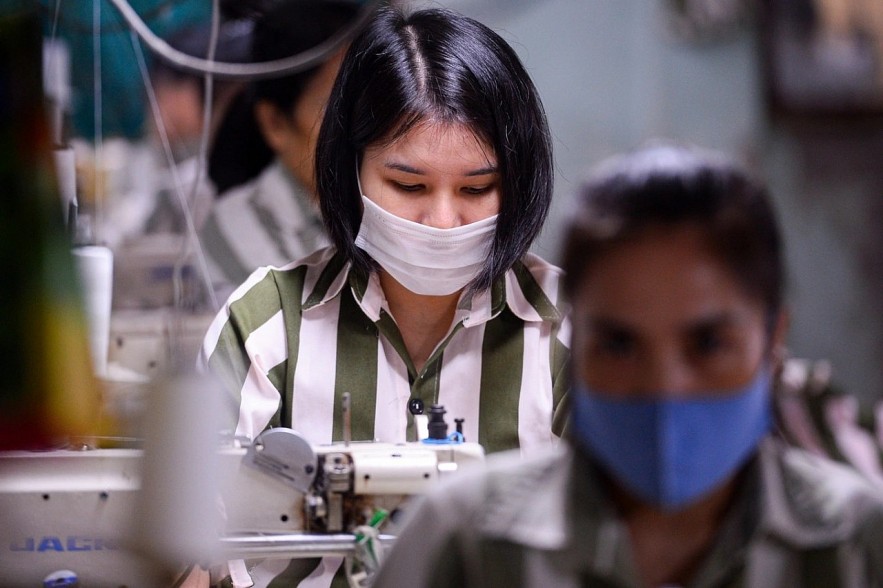 |
| Offenders working outside of prison are entitled to rights, obligations, and fair compensation as stipulated in the Criminal Procedure Code. |
In addition, other legal provisions, such as the 2018 Law on Amnesty, Decree 133/2020, and Decree 118/2024, provide detailed guidance on implementing certain articles of the 2019 Law on the Execution of Criminal Judgments. These laws establish a legal basis for criminal enforcement and administrative violation handling, while emphasizing the Party and State's leniency policies towards offenders and preventing coercion or mistreatment during sentence execution.
Humane treatment of inmates is not merely a commitment in principle but is realized through specific policies and regulations. Key aspects such as nutrition, clothing, accommodation, healthcare, labor organization, and education are tightly managed to ensure the basic rights and dignity of inmates during their sentence.
Each inmate is guaranteed a daily nutritional intake appropriate to their health needs and labor conditions. Menus are scientifically designed and regularly reviewed to meet energy requirements. For inmates involved in heavy labor, their diets are supplemented with increased nutrients, including meat, fish, eggs, milk, green vegetables, and fresh seasonal produce. Inmates are provided with clothing and bedding suitable for the local climate, ensuring warmth in winter and comfort in summer. Additionally, dining and sleeping areas are regularly sanitized to maintain a healthy environment and minimize disease risks.
Healthcare policies for inmates are comprehensive and detailed. Each inmate undergoes a health check-up at least once every six months. Special cases, such as pregnant women, elderly inmates, or those with underlying health conditions, receive prioritized and more frequent medical attention. If a health issue exceeds the capacity of the prison's medical facilities, inmates are transferred to local healthcare centers for treatment. All treatment costs are fully covered by the State, ensuring no one is neglected regarding their health.
All inmates receive education on human rights, legal knowledge, and life skills. Illiterate inmates can participate in literacy programs held within the prison. Cultural and sports activities, such as soccer, volleyball, reading, and talent competitions, are encouraged to enhance inmates' quality of life. Notably, some prisons have established libraries stocked with legal materials, soft skills resources, and literature to foster self-learning among inmates.
These policies not only ensure compliance with international human rights standards but also reflect the humane and tolerant nature of Vietnam’s legal system. They provide inmates with opportunities to recognize their mistakes, rehabilitate themselves, and prepare a solid foundation for reintegration into society.
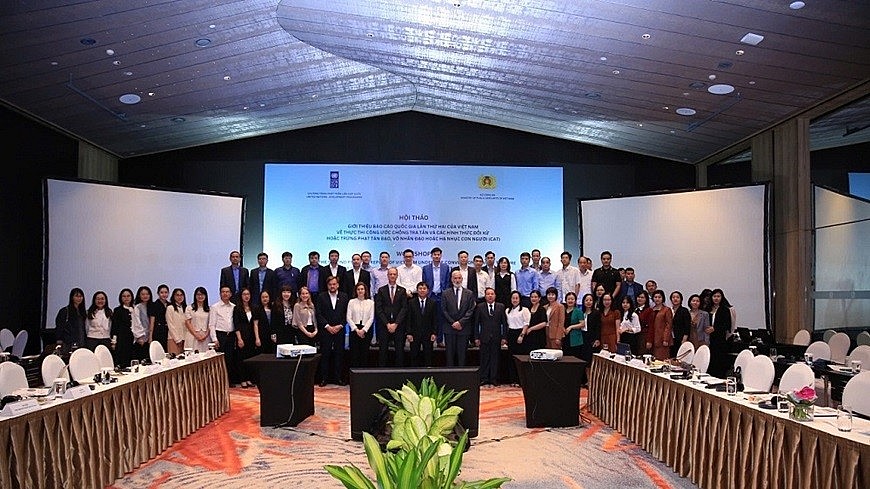 |
| Vietnam's second periodic report under CAT is introduced at a workshop hosted by the Ministry of Public Security in collaboration with the UNDP in Vietnam, Hanoi, November 22, 2024. |
Recommendations for enhancing the protection of inmates' rights
To better ensure human rights in general, the rights of inmates in particular, and to align with the Convention Against Torture and other international treaties to which Vietnam is a party, experts have proposed five key recommendations.
First, Vietnam should continue to improve its legal framework on human rights by effectively and practically implementing regulations on human rights, ensuring their alignment with Vietnam's economic, cultural, and social conditions as well as the international treaties it has joined. Priority should be given to advancing judicial and administrative reforms, expanding and enhancing grassroots democracy, and leveraging the achievements of the country's renovation and development efforts.
Second, it is essential to renew approaches, broaden the scope, diversify forms and content, and improve the quality and effectiveness of human rights education. Special attention should be paid to raising awareness and disseminating information on Vietnam’s recognized achievements in ensuring human rights. Regular training sessions on human rights should be conducted for prison management officials, enhancing their understanding of the Party's directives and the State's policies and laws regarding human rights and the rights of inmates.
Third, international cooperation on human rights should be further strengthened to enhance the implementation of policies and laws related to human rights protection while improving the effectiveness of international integration. Dialogue with international partners should be intensified to foster mutual understanding and gradually bridge gaps in perspectives on democracy and human rights between Vietnam and its global counterparts.
Fourth, communication efforts should be amplified to educate officials, officers, the public, and inmates about the Party's policies, the State's laws, and the Ministry of Public Security's regulations on criminal sentence execution. These include efforts to educate offenders, helping them become law-abiding, productive members of society, and emphasizing humane treatment for inmates.
Fifth, research, compilation, publication, and dissemination of materials, publications, and specialized books on human rights should be conducted for prison officers and inmates. These resources will serve as valuable references and study materials, contributing to the overall effort of promoting human rights awareness within the prison system.
 | Vietnam - Bright spot in Implementing International Conventions on Human Rights Throughout the years, Vietnam has worked diligently to secure the rights and interests of its people. These efforts have not only garnered recognition from the ... |
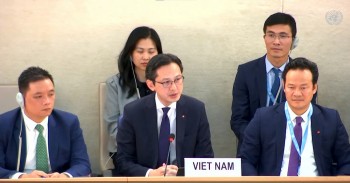 | On Human Rights Day, UNDP Welcomes Viet Nam's Commitment to International Cooperation On this International Human Rights Day, as global crises and growing disregard of international law drive mass human rights violations, it is vital that we ... |
Recommended
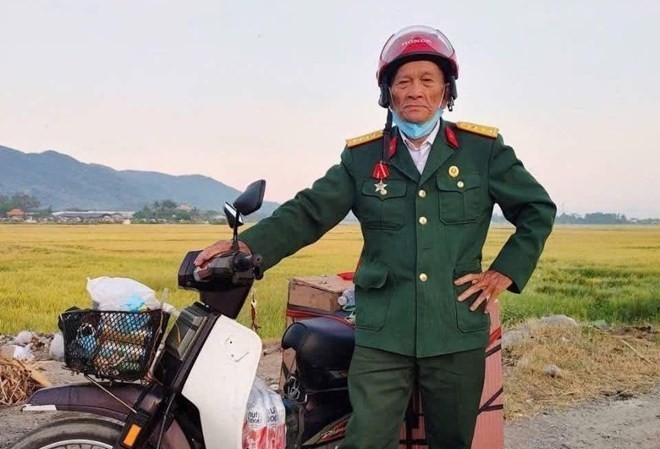 Viet's Home
Viet's Home
Latin American News Agency Prensa Latina Shares Story of Vietnamese Veteran’s 1,200km Journey Back to Former Battlefield
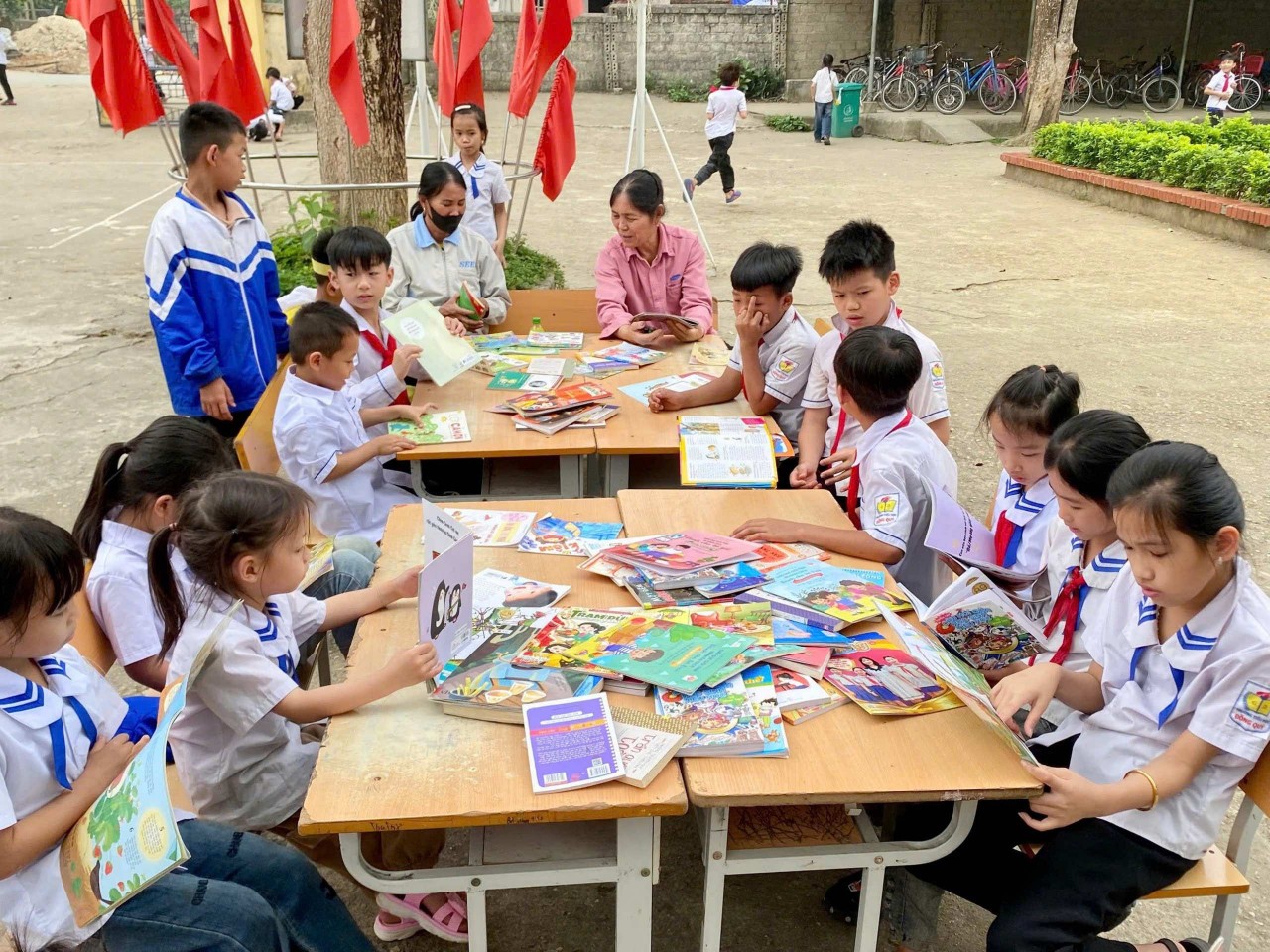 Viet's Home
Viet's Home
GNI Contributes to Spreading the Joy of Reading to Students
 Viet's Home
Viet's Home
Japan, Vietnam To Boost Cooperation in Parliament Level
 Viet's Home
Viet's Home
Message of Humanity from 2025 United Nations Day of Vesak in Vietnam
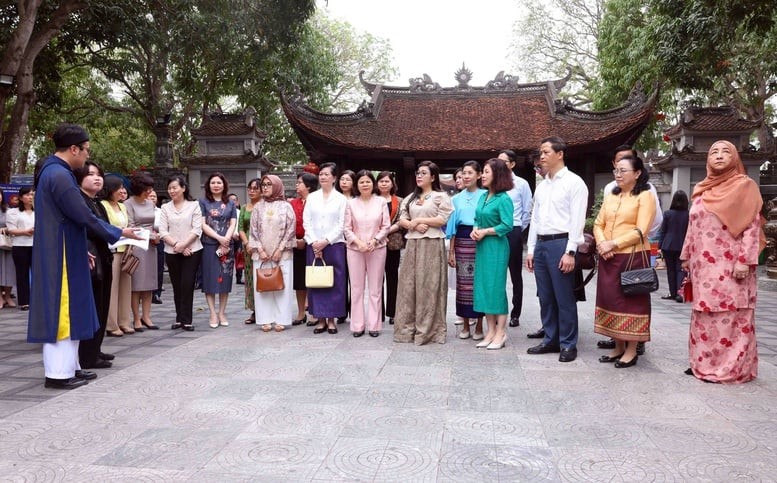 Viet's Home
Viet's Home
Spouse of PM Pham Minh Chinh Meets ASEAN Community Women's Circle in Bac Ninh
 Viet's Home
Viet's Home
“Meeting Spring” Connects Vietnamese and Japanese Folk Art
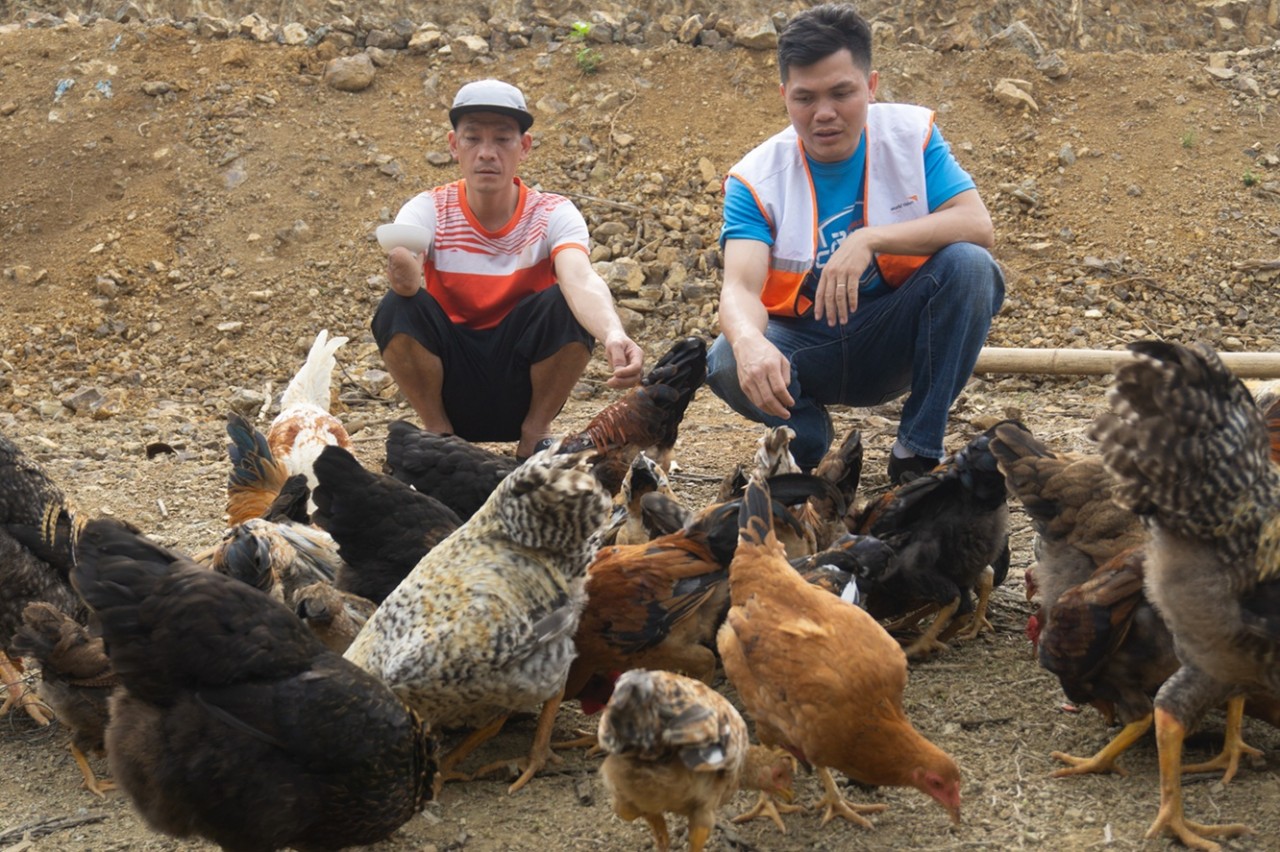 Viet's Home
Viet's Home
WVIV Supports the Disabilities to Create Sustainable Livelihoods
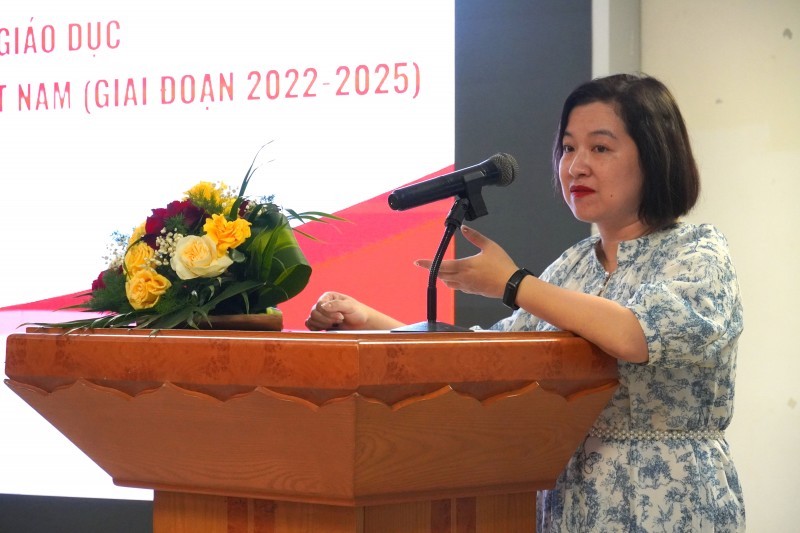 Viet's Home
Viet's Home

